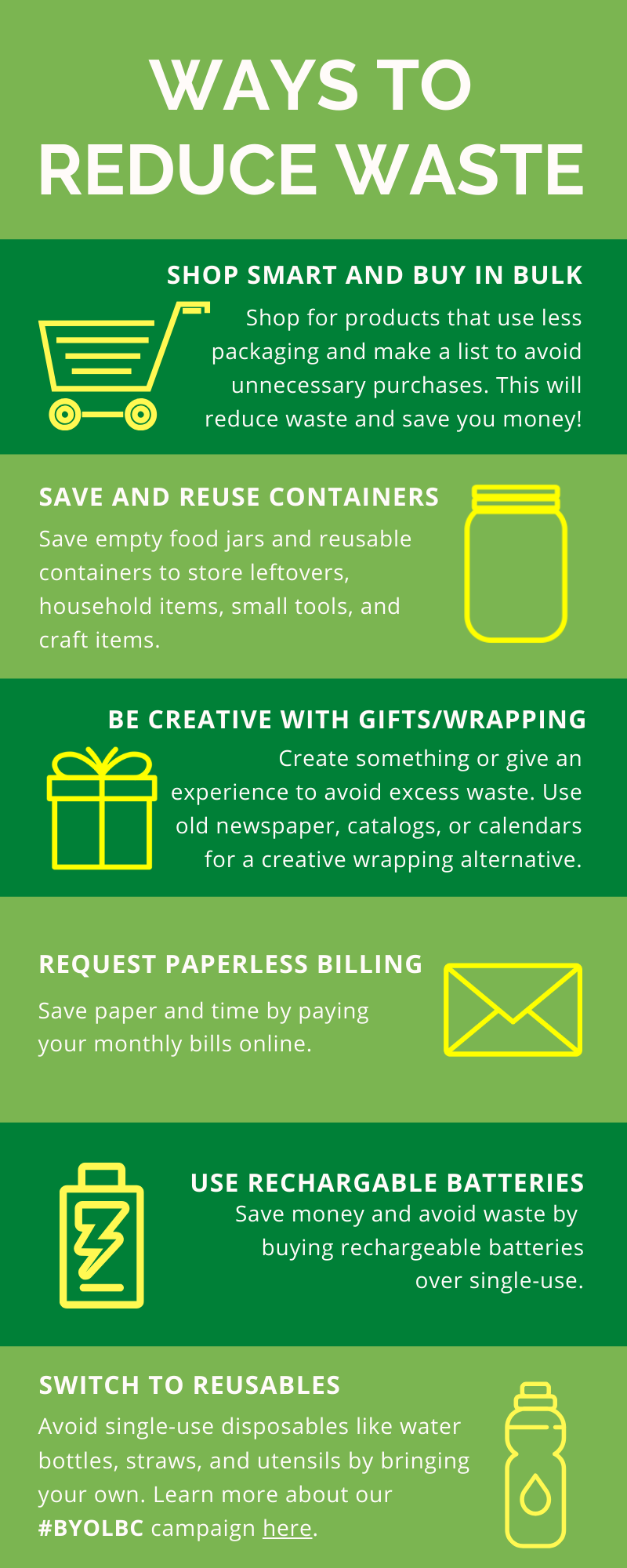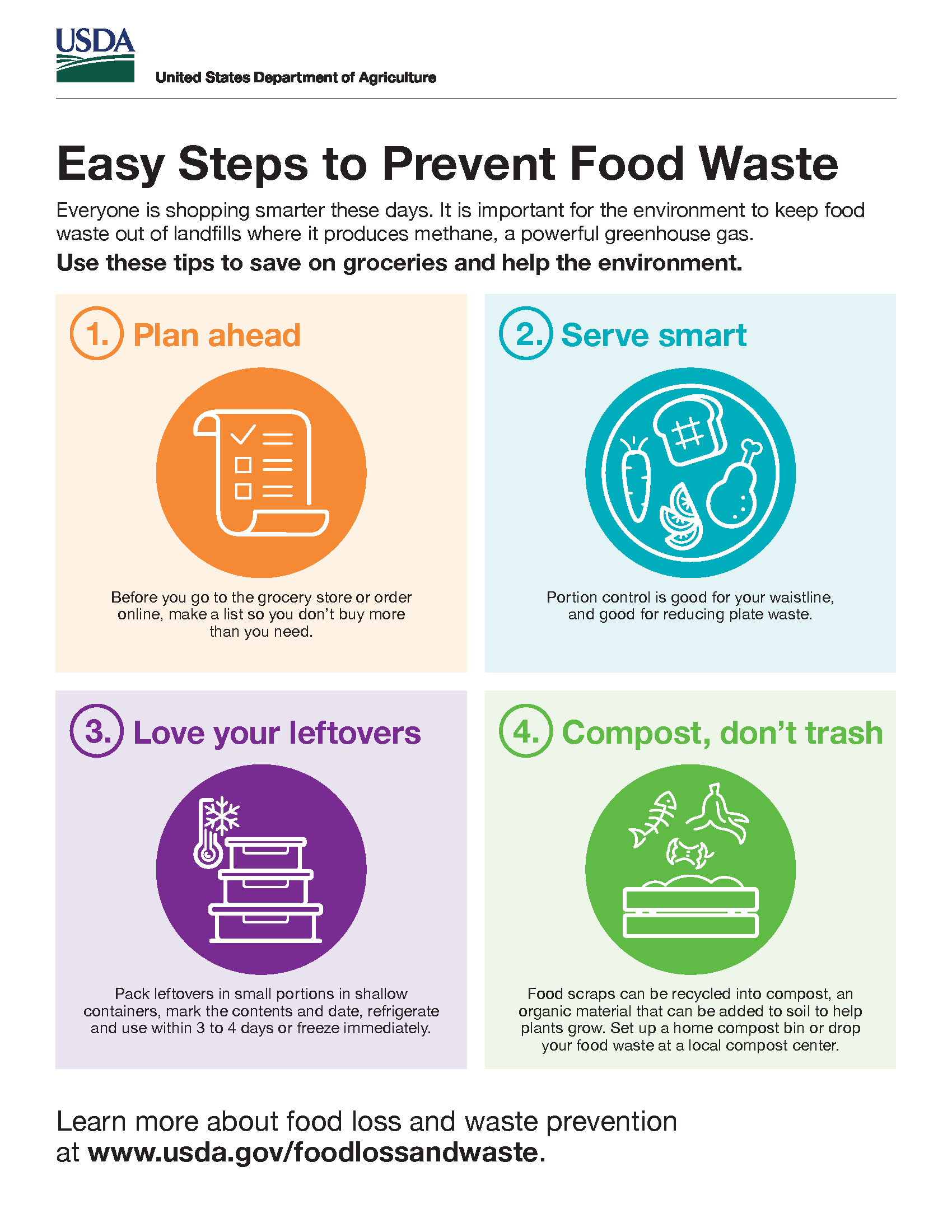Introduction
Living a sustainable life is becoming increasingly important in today’s world. One of the key aspects of sustainability is waste reduction, and it starts right at home. By making small changes to our daily habits, we can significantly reduce the amount of waste we produce and contribute to a healthier planet. In this blog post, we will explore some simple tips that you can easily implement in your daily life to reduce waste at home.
1. Composting: Turning Waste into Nutrient-Rich Soil
Composting is a fantastic way to reduce waste at home while also creating nutrient-rich soil for your garden. Start by collecting kitchen scraps such as fruit and vegetable peels, coffee grounds, and eggshells. Avoid adding meat or dairy products as they can attract pests. Mix these scraps with yard waste like leaves and grass clippings. Turn the pile regularly to speed up the decomposition process. In a few months, you’ll have rich compost to use in your garden.
2. Reduce Food Waste: Plan and Store Smartly
Food waste is a significant contributor to household waste. To reduce it, plan your meals in advance and make a shopping list accordingly. Only buy what you need and avoid impulse purchases. Properly store perishable items to extend their shelf life. Use clear containers to store leftovers, making them more visible and likely to be consumed. Additionally, consider freezing excess food before it goes bad.
3. Say No to Single-Use Plastics
Single-use plastics are a major environmental concern. Avoid using plastic bags, straws, and disposable cutlery. Instead, opt for reusable alternatives like cloth bags, stainless steel straws, and bamboo cutlery. Invest in a reusable water bottle and coffee cup to reduce plastic waste on the go. By saying no to single-use plastics, you’ll significantly reduce your household waste.
4. Embrace Recycling
Recycling is a crucial step in waste reduction. Familiarize yourself with your local recycling guidelines and ensure you’re recycling correctly. Separate recyclable materials such as paper, cardboard, glass, and plastic from your regular trash. Rinse containers before recycling them to avoid contamination. By recycling, you’ll help conserve resources and reduce the amount of waste sent to landfills.
5. Opt for Reusable Products

Reduce waste by choosing reusable products over disposable ones. Use cloth napkins instead of paper ones, opt for rechargeable batteries, and choose washable cleaning cloths instead of disposable wipes. When shopping, look for products with minimal packaging or packaging made from recycled materials.
Summary
Waste reduction is a crucial step towards achieving a sustainable lifestyle. By adopting simple practices at home, we can make a significant impact on the environment. In this blog post, we will discuss various tips for waste reduction, including composting, recycling, reducing single-use items, and mindful shopping. These practices not only help in reducing waste but site web also save money and conserve resources. By implementing these tips, we can all contribute to a greener and more sustainable future.
- Q: How can I reduce waste at home?
- A: There are several simple tips you can follow to reduce waste at home:
- Recycle paper, plastic, glass, and metal
- Compost food scraps and yard waste
- Avoid single-use items like plastic bags and water bottles
- Buy products with minimal packaging
- Donate or sell items you no longer need
- Q: Why is waste reduction important?
- A: Waste reduction is important because it helps conserve resources, reduces pollution, and saves energy. By reducing waste, we can minimize the amount of materials that end up in landfills and promote a more sustainable lifestyle.
- Q: How can I compost at home?
- A: Composting at home is easy. You can start by collecting fruit and vegetable scraps, coffee grounds, and yard waste in a compost bin or pile. Make sure to turn the compost regularly and keep it moist. Avoid adding meat, dairy, or oily foods to prevent attracting pests. Over time, the organic waste will break down into nutrient-rich compost that can be used in your garden.
- Q: What are some alternatives to single-use items?
- A: Instead of using single-use items like plastic bags, water bottles, and disposable cutlery, you can opt for reusable alternatives. Use cloth bags or reusable shopping bags when you go grocery shopping, carry a refillable water bottle, and bring your own cutlery and containers when eating out or getting takeout.
- Q: How can I encourage my family to reduce waste?
- A: You can encourage your family to reduce waste by leading by example. Show them how to properly recycle, compost, and use reusable items. Involve them in the process by explaining the benefits of waste reduction and involving them in activities like gardening or upcycling. Make it a fun and educational experience for everyone.

Welcome to my website! I’m Mitchell McCall, a professional Outdoor Space Designer with a passion for creating beautiful and sustainable living environments. With years of experience in the industry, I have developed a deep understanding of the importance of outdoor spaces in enhancing the overall appeal and functionality of a home.

